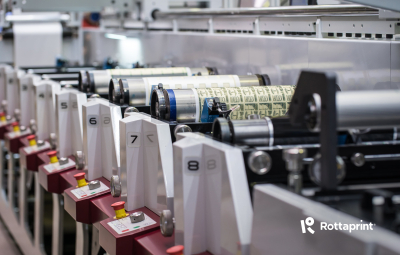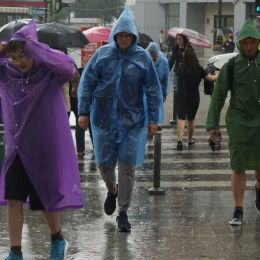Moreover, the impact of the economic crisis coincides with the negative effects of ageing and emigration on potential output.
The real GDP growth is expected to recover moderately to 0.8% for 2010 as a whole, gradually accelerating to 3.5% in 2011 – similar forecast with the IMF’s. In Its previous forecast, EC was pointing to a 0.5% economic growth this year.
The expected improvement in economic conditions in 2010 is due to a recovery of external demand and foreign direct investment. Private consumption growth is not expected to recover firmly until later this in the year, because of slower wage increases, the continued high rate of unemployment and difficult access to credit.
Similarly, investment should remain weak, being held back by low capital utilization rates, credit constraints and market uncertainty. All this implies that the recovery is likely to remain shallow at least during the current calendar year, EC notes.
However, the situation is expected to improve in 2011, when the European Commission forecasts 4.2% increase in private consumption expenditures and 5.8% increase in investment spending.
Government consumption expenditures are projected to remain weak because of a continued need for fiscal consolidation. The external sector is projected to make a negative contribution to GDP growth as the recovery of the domestic demand should give a significant boost to import growth.
The external and fiscal imbalances that contributed to the severity of the recession in Romania are expected to continue to unwind. The current-account deficit is now expected to remain flat at 4.4% in 2010. The current-account balance is forecast to deteriorate to 5.6% of GDP in 2011, thus remaining at readily financeable levels.
As for inflation, EC’s projections for 2010 are affected by recent increases in excise taxes on tobacco and petrol as well as the recovery in international energy prices. On the other hand, inflationary pressures may be somewhat offset by the sluggishness in domestic demand, particularly in the first half of the year. As a result, EC expects inflation rate to fall slightly to 4.3% in 2010, and decrease further to 3% in 2011.
EC does not anticipate a decline in unemployment rate at this early stage of the economic recovery. Given the usual lag between the recovery in economic activity and the decrease in the unemployment rate, the latter is still expected to inch up to 8.5% on average in 2010. The unemployment rate should start coming down in the second part of the year and into 2011, when it is projected to register an average rate of 7.9%.
Citeste si:
Calculator Salariu: Află câți bani primești în mână în funcție de salariul brut »
Te-ar putea interesa și:



















































































![HR [PLAY] Tech Workout - 11...](https://www.wall-street.ro/image_thumbs/thumbs/973/973fe0a3888d417feff63de42e814180-260x260-00-65.jpg?v=1713520109)









